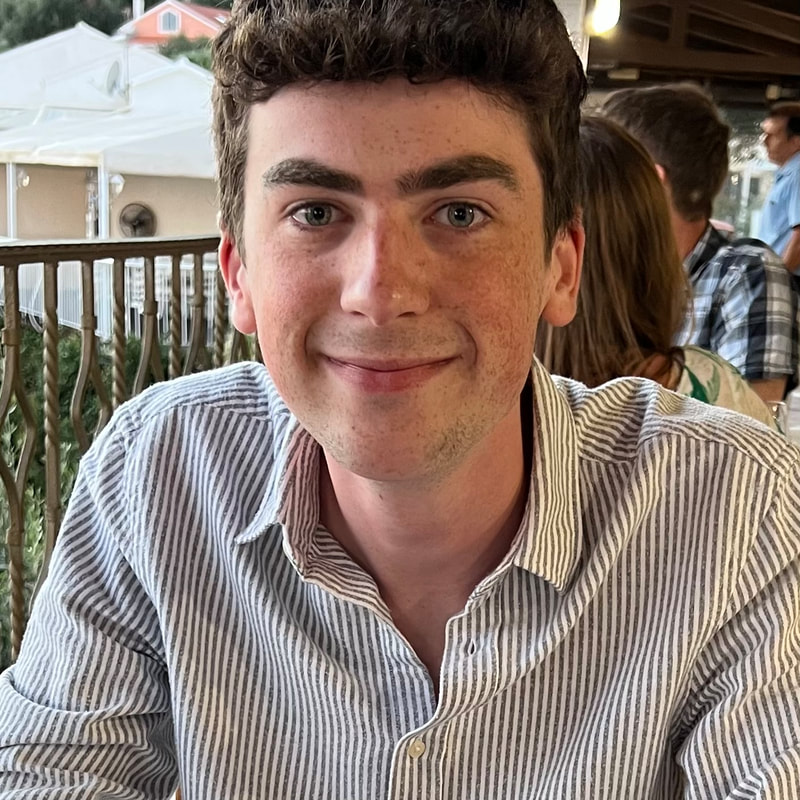|
The Horn of Africa is experiencing its longest drought of 40 years. It has been forecast that there will be a sixth consecutive below-normal rainfall season, acutely troubling countries like Ethiopia, Kenya and Uganda. It is also the longest drought ever recorded in Somalia: worse than the 2011 famine, which killed hundreds of thousands of people. That would have eradicated the entire population of Oxford, and a further 100,000 for good measure.
The current situation is a pressing reflection of climate change, conflict and displacement. Rural lifestyles are confronted with a changing climate, and then aggravated by the armed insurgence of Al-Shabab, providing two of the prominent issues why people are displaced. Findings show that, as a result, over one million have been internally displaced in Somalia. To be internally displaced is to be forced to leave your home. It is to seek safety within the country’s border, differing internally displaced persons (IDPs) from refugees, who cross a border. This puts them in a different bracket, which gives them different resources. The Dadaab refugee complex in Kenya, for instance, provides cereals, oils and cash to refugees monthly. After the struggle to reach Dadaab, internally displaced persons would have to wait longer to access these resources. It is clear that their immediate support needs to be amplified. It is estimated that 8.3 million Somalis, over half its population, will require humanitarian assistance this year. It was also estimated that hunger kills one person every 36 seconds in east Africa. At least one person will have died from the drought since you started reading. There just, simply, is not the resources. There are not enough basics like nutrients or shelter. So whilst IDPs are forced to flee their home, they often arrive at conditions faring no better. Then there is the problem of the journey itself. In Somalia, Hirsiyo Mohamed walked with three of her children in 100-degree temperatures. Her three-year-old, Adan, starved on the way. Another mother, Fatima, walked for a fortnight with her three-year-old. He too died of hunger midway. Hearing the hyenas close in, Fatima was forced to leave her boy by the roadside. There was no time for her to grieve, for she had others depending on her. Shamsa Amin Ali, a mother of 10 who cares for a further 7, knows this all too well: “at some point, I thought, instead of watching my children die of hunger, I should just take my life.” I ask that mental health is considered in discourse of displacement. The impact of anxiety, depression and PTSD on these people. My heart aches when I read the quote of the last paragraph. Especially because hunger is not the same as drought; only the latter is a natural disaster. Hunger is the result of human inaction. The starving of children can be mitigated. There is the obvious need for immediate intervention, but I too want appropriate mental health structures and personnel addressed if one is to truly take this bull by the horns. Humanitarian assistance, required by over 8 million Somalis alone, needs to address physical health as well. This may regard childcare or vaccination. Every country in the Horn of Africa had a measles outbreak in 2022. Other outbreaks included cholera, anthrax and meningitis. COVID-19 can be added to our earlier recipe for the current situation. There is the primary consequence of people being infected, and the secondary one of its global impact. It gave calamitous economic aftermaths. Perhaps this struggle is why funding has been inadequate. The wider context of Russia-Ukraine conflict is important. Russia is the world’s third-largest oil producer, with its invasion of Ukraine disrupting global supply and increasing the cost of energy, oil and grains. Fuel shortages and increased costs were widely challenging in the UK sphere, so I again ask you to place this in a Somalian context. The conflict has also abruptly affected financial support, as donors in Europe give to issues closer to home. Live Aid is no longer present, but the problem is not in the past. The Horn of Africa still needs funding and, frankly, it is very small in comparison to what is discussed for COVID-19 and Ukrainian relief. For 2022, the UK government allocated £156 million in funding for humanitarian aid in the Horn of Africa. This is less than a fifth of what was given during the last famine of 2017-18. People rightfully complained, and an open letter with 30 signatories was comprised. They criticised the government’s response and, because of this, an extra £17mn was promised. I find this disheartening. East Africa is struggling through a drought, a climate crisis which they certainly did not cause. It was the richer nations, like the UK, now turning their back. As I have noted, hunger is a human problem, and I find the government’s apathy unpalatable. Aid can bring about a change. The United Nations Human Rights Council campaign for this. I would really encourage reading about their work, but I will just give a couple of examples. In 2022, UNHCR provided water services to more than 50,000 IDPs near Somali refugee camps. They also provided solar power, for instance UNHCR have installed solar street lights. This energy is clean, affordable, and means that people can move safely in the evenings. This is an example of stepping forward. Such changes will help prevent drought, rather than delay it. This obviously does not mean the problem is solved. For I have discussed the difference of accessibility in refugee camps as well as noting that there are millions of IDPs in Somalia. Yes there is unrest, but welcoming light – quite literally – should be considered favourable. There is a need for immediate and long-term solutions. Immediate responses include basics like food and shelter being provided, and shelter ought to include safe spaces for women. The long-term response needs to break the cycle of hunger, for instance providing tools and investing in other livelihoods. I would also consider the mental health and specific needs of internally displaced persons. They are at the heart of this, and one approach will not suit all. Refugees and IDPs need to be engaged in the dialogue, not just donors and policy makers. To take the bull by the horns is to give where you can. May this be financially, donating in a period of fatigue, or resourcefully, educating yourself and others on the drought in Africa. It is still to be officially declared a famine, but this is a lexical issue amongst a human problem. No mother should ever experience the sorrow suffocating Fatima’s heart as she lay her boy by the roadside. Yet a further four people will have died since I informed you of the last. Four people that will have been someone’s mother, daughter, sister and friend. I ashamedly did not know much about the severity before this week. I did not know that the worst drought on record in Somalia is happening as we speak: as I write this article, send it off and go on about my day. Please do not be ignorant about this matter. Please be informed about the topic of displacement. And please, in whichever way you can, take the bull by the horns.
0 Comments
Leave a Reply. |
Author
Niall is a second year Philosophy and Theology student at Oxford University. He researched and wrote this article as part of the Oxford University Micro Internship programme.
|

 RSS Feed
RSS Feed

